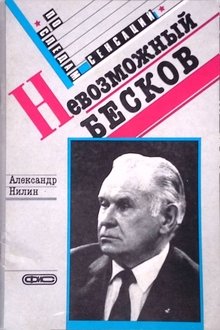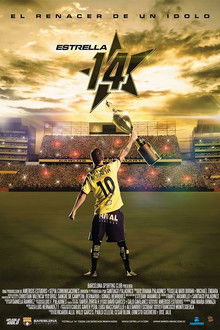In the ‘poor crescent’ around Brussels one child in three lives on the poverty line. But they can find refuge with BX Brussels of Vincent Kompany – a sports and social project. Stranger follows recent immigrant Senegalese football coach Moussa as he struggles to give them hope in their sport … and in their life.
Related Movies
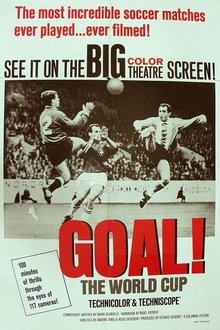
Goal! (1966)
This entertaining documentary of the World Cup Soccer tournament of 1966 follows the 15 countries competing for the sport's most coveted prize. Nigel Patrick narrates, with commentary provided by Brian Glanville. The executive producer spent $336,000 on the production and used 117 cameras to record nearly 48 hours worth of action. Four editors were employed to create the final 108-minute feature.
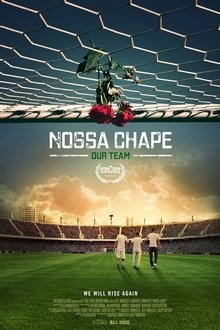
Nossa Chape (2018)
Nossa Chape tracks the rebuilding of the Chapecoense football club in Brazil after an airplane carrying the team crashed on November 28th, 2016, and left all but three of the players dead.
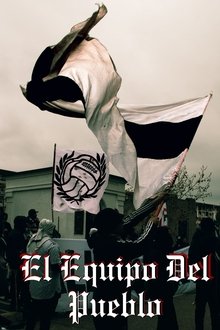
El Equipo del Pueblo (2024)
Documentary tells the story of the Chilean football club Colo-Colo, exploring its profound impact on popular culture and the everyday lives of its fans. Throughout the film, it shows how the club has transcended sport to become a symbol of resistance, pride, and class struggle in Chile.
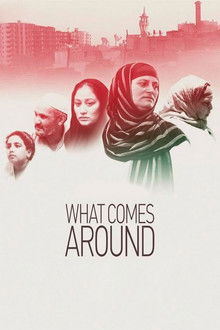
What Comes Around (2018)
In Rod El Farag, one of the poorest residential areas in Cairo, obtaining meat, fruit and daily bread is a constant struggle. But the sense of community shared by the inhabitants there helps them to some extent overcome their hardships through a social practice known as ‘al Gami’ya’, or ‘the assembly’.
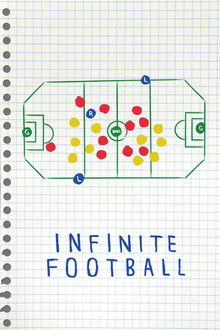
Infinite Football (2018)
“Last autumn, a good childhood friend of mine, Florin, told me that his brother, Laurentiu, invented a new sport by changing the rules of football. One month later I went to Vaslui, my hometown, with a small film crew in order to learn more about this new sport...”

Burning Field (2019)
There are thousands of people working as scrap workers in Agbogbloshie, Accra, Ghana, and Abdallah is one of them. Like the majority, Abdallah is from the northern part of the country and behind him, there is a big family awaits support. The air pollution caused by the open burning of electronic scraps has raised Muntaka’s concern, who is trying to stop them from burning…

Hell (2019)
Chennu committed his first crime when he was 15 years old: being a street kid. And he entered hell: Pademba Road. The adult prison in Freetown. In hell, Mr. Sillah is in charge, and there is no hope. Chennu got out after four years. Now he wants to go back.

Concrete Football (2016)
The development of professional soccer worldwide owes a great debt to the soccer – or "football" – that is played on the streets of France.
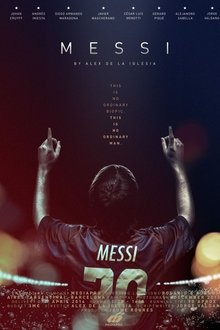
Messi (2014)
His teachers, coaches, childhood friends and Barça teammates, together with journalists, writers and prominent figures from the history of football, come together in a restaurant to analyze and pick apart Messi's personality both on and off the field, and to look back at some of the most significant moments in his life. Viewed from Álex de la Iglesia's unique perspective, Messi recreates the player's childhood and teenage years, from his very first steps, with a football always at his feet, through to the decision to leave Rosario for Barcelona, the separation from his family, and the role played in his career by individuals such as Ronaldinho, Rijkaard, Rexach and Guardiola.
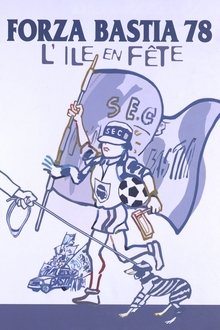
Forza Bastia (2000)
"Forza Bastia" is a 26-minute film documenting a UEFA Cup match between PSV Eindhoven and French club SC Bastia at the Furiani Stadium in 1978. Jacques Tati directed the piece at the request of friend Gilberto Trigano – the President of the Bastia club at that time. It was subsequently shelved and kept in storage until Tati's daughter Sophie Tatischeff eventually assembled the footage for release in 2002.
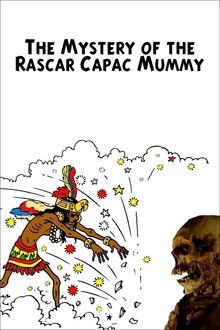
The Mystery of the Rascar Capac Mummy (2019)
Rascar Capac, the sinister creature featured on Hergé's album The Seven Crystal Balls (1948), has left its mark on many generations of readers. To draw it, the Belgian cartoonist was probably inspired by a mummy exhibited in the first pre-Columbian exhibition organized by the Brussels Cinquantenaire Museum in 1923. Two intrepid archaeologists embark on a fascinating journey to reconstruct the story of the mysterious mummy.
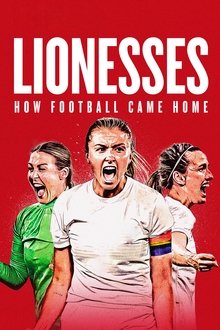
Lionesses: How Football Came Home (2022)
LIONESSES: HOW FOOTBALL CAME HOME gives unrivaled insight into England’s historic Women’s EURO 2022 victory, featuring brand new exclusive interviews from the stars of the team, this is the inside story of How Football Came Home.
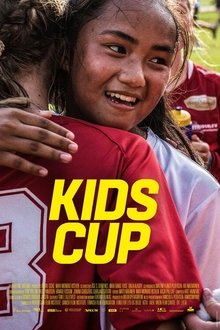
Kids Cup (2021)
Kids Cup is a character driven coming-of-age family film from the world´s largest sports tournament for kids. We dive into a teenage universe and follow 13-14 year olds from different parts of the world, competing at the football tournament, Norway Cup, in Oslo.

Arsenal: Season Review 1997-1998 (1998)
Arsenal, under the management of Arsene Wenger, managed to claw their way to the title after being completely out of the championship race before Christmas. In winning the double in style, the 'Gunners' may finally have lost their 'Boring, Boring Arsenal' tag, thanks to Dennis Bergkamp, Patrick Viera, Emmanuel Petit, Nicholas Anelka and Marc Overmars. All the highlights are included here, alongside interviews with Petit, Vieira and Wenger.
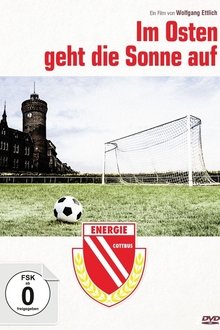
Im Osten geht die Sonne auf (2001)
Energie Cottbus, a small soccer club from the periphery of the republic, got promoted to the first division of the Bundesliga. Everyone was sure: They will get relegated immediately again! But everything turned out differently! The underdog club gave Cottbus — which was to many only known from scare stories about lack of prospects and unemployment – joy, hope, and pride. The film looks behind the scenes and shares the thrill of the people for the finale of the season.
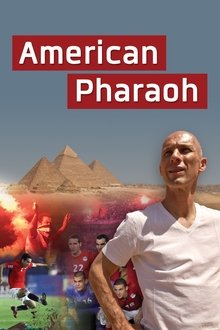
American Pharaoh (2014)
Follows Bradley - only the third American coach to manage a foreign team - his wife, Lindsay, his staff and his players. In gaining access to the training camps and providing in-depth coverage of the Pharaohs' games in Africa, the filmmakers document the team's personal and professional struggles to keep their eyes on the prize of getting to the World Cup while living in and representing a country in turmoil.

Sven (2024)
Sven gives us a unique insight into the success story that is Svennis' career, with both a focus on his journey to the top of football Europe and the incurable cancer diagnosis that came to the public's attention in early 2024.
